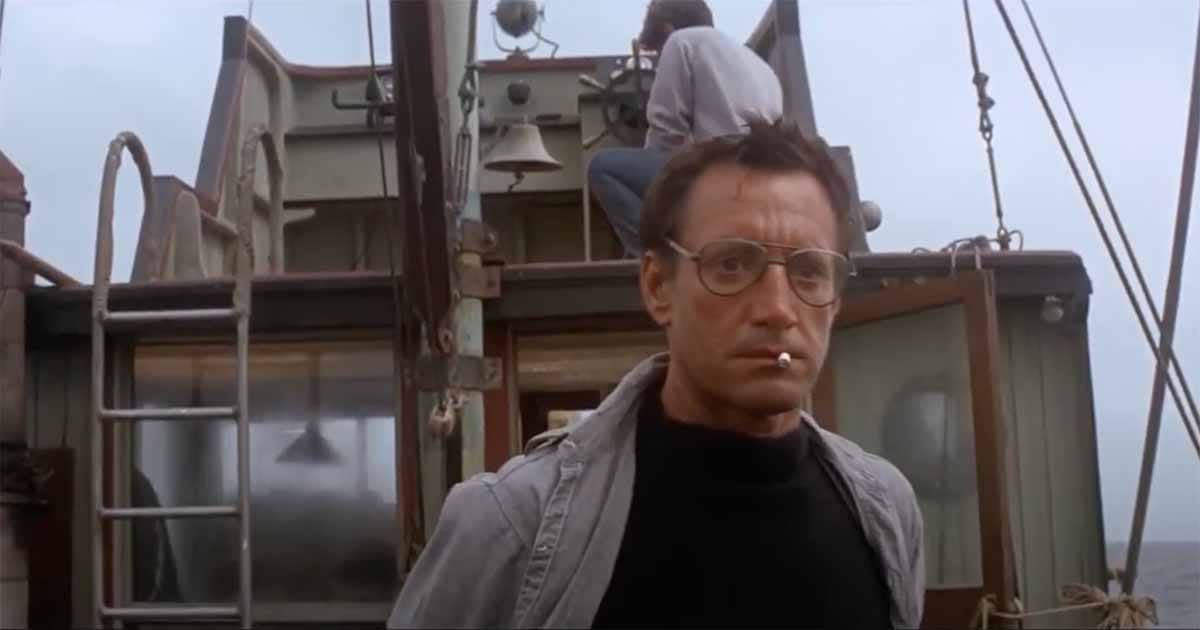The Dean leaned forward in his chair, peering at me and a few classmates from behind his desk. He listened thoughtfully. I wondered how he would react to what we were telling him.
I was in college and had just started taking my first few TV, film, and video production classes after switching my major from Advertising to Telecommunications and Film. I started out in Advertising, thinking I would follow my uncle’s career path, who was an agency Creative Director. However, I found the classes too broad for my liking. I wasn’t as interested in graphic design and print. I was drawn to production. I saw myself as a big-name commercial director for a large production company and I wanted my college courses to provide me with as much hands-on experience as possible.
But it wasn’t turning out exactly as I hoped. And I could see my future sinking right in front of me.
Oh sure, I learned about theory and cinema history by watching a lot films. I read all about 3-point lighting and what high-key vs. low-key means from text books and professors, but I was a bit surprised at the lack of gear available to students for real-world practice.
Not only was there no on-location lighting packages available to check out, but we really didn’t have any boom mics or field mixers. First-year students had to edit at a tape-to-tape linear bay, which was remedial to many incoming freshman. There just weren’t enough computers running non-linear editing software.
And that’s what brought us to the Dean’s office.
We were hoping for more opportunities; more resources. My classmates and I were all ambitious students looking toward a future career in film and video production and we needed something more than just a few MiniDV and Beta cameras.1
Like Chief Brody going after the great white shark terrorizing Amity Island, we wanted a bigger boat.
The Dean was receptive to our criticisms and complimented our drive. As he explained, our particular class had entered the College of Communications during a period of downturn and transition. We had just missed 16mm film. They had phased that out only a year or two prior. And for many years, as he told us, students had come through the college who weren’t as serious about production as we were.
I appreciated the fact that he noticed our drive, but unfortunately a “can-do” spirit can’t magically pull a 2-ton grip truck out of the hat. So, I would have to soldier on with a MiniDV camera and a Windows machine running Speed Razor, a piece of editing software that would crash so often that I can still hear the agonizing screams of those students in the editing bays next to me who forgot to save their work.2
I don’t want to paint the Dean as an obstinate, unkind individual who made it his mission to stand in our way. Just the opposite, however. He was extremely supportive and expressed regret about the situation. A few years later, in fact (and right after I graduated, of course), the college got a tremendous upgrade in its production resources.
And I don’t want to give off the impression that my college years were miserable and creatively stifling. I had an incredible time learning about filmmaking and producing my own shorts. I learned a lot and I got to create. But there are lessons to be learned from my experiences (because hindsight is 20/20).
First lesson: There’s no substitute for real-world experience. I don’t want to get into a debate about the value of going to film school or whether someone should attend college or not. What works for one person might not work for another. Film school most likely will help you develop a professional network that will pay off later, and it will probably open doors of opportunity that will be invaluable.
Likewise, attending college will help your resume when you’re looking for your first job post-college. For me, however, it wasn’t until I graduated college and started working for others did I really learn about the production industry. So maybe college and film school isn’t for you. If you’re interested in a production career you can save yourself a ton of money if you’re able to start working early, honing your skills, and learning from mentors.
Second Lesson: If you choose the college route, make sure that you do your homework and select a school that offers you exactly what you need to prepare yourself for a future career. When it came time for me to select a school, I considered several factors, not just the curriculum. And I do wonder if my career would be any different had I chosen a different university.
I realize, however, that your college choices might be constrained by your location, your grades, and what is affordable. You might have your sights set on School A, but School B is who offered the scholarship. Or School C is closer. Or School D is the most affordable. If you have a lack of choices available to you, go with what you have. If that’s the case, then it becomes even more important to seek out jobs outside of the college setting and start developing your professional network early.
Don’t lose your drive, because when you leave you might still be the learner, but when you return, you will be the master.
Heck, I didn’t even get the change to take a screenwriting class because, at the time, they didn’t offer one every semester. They alternated between copywriting and screenwriting and by the time I was able to schedule the class, copywriting was the only optional available to me.
We also had so little shared hard drive space available that we would have to edit our short films in sections, dumping mastered scenes onto tape before deleting everything and moving on to the next section.





